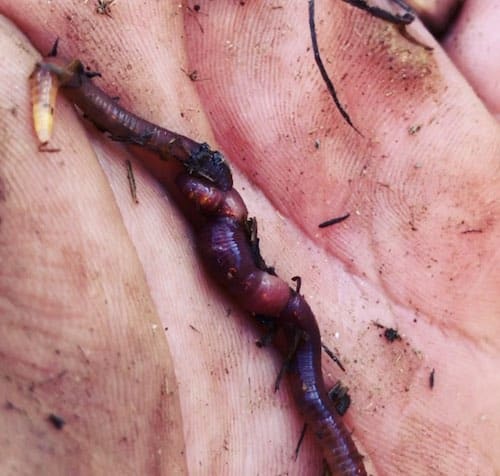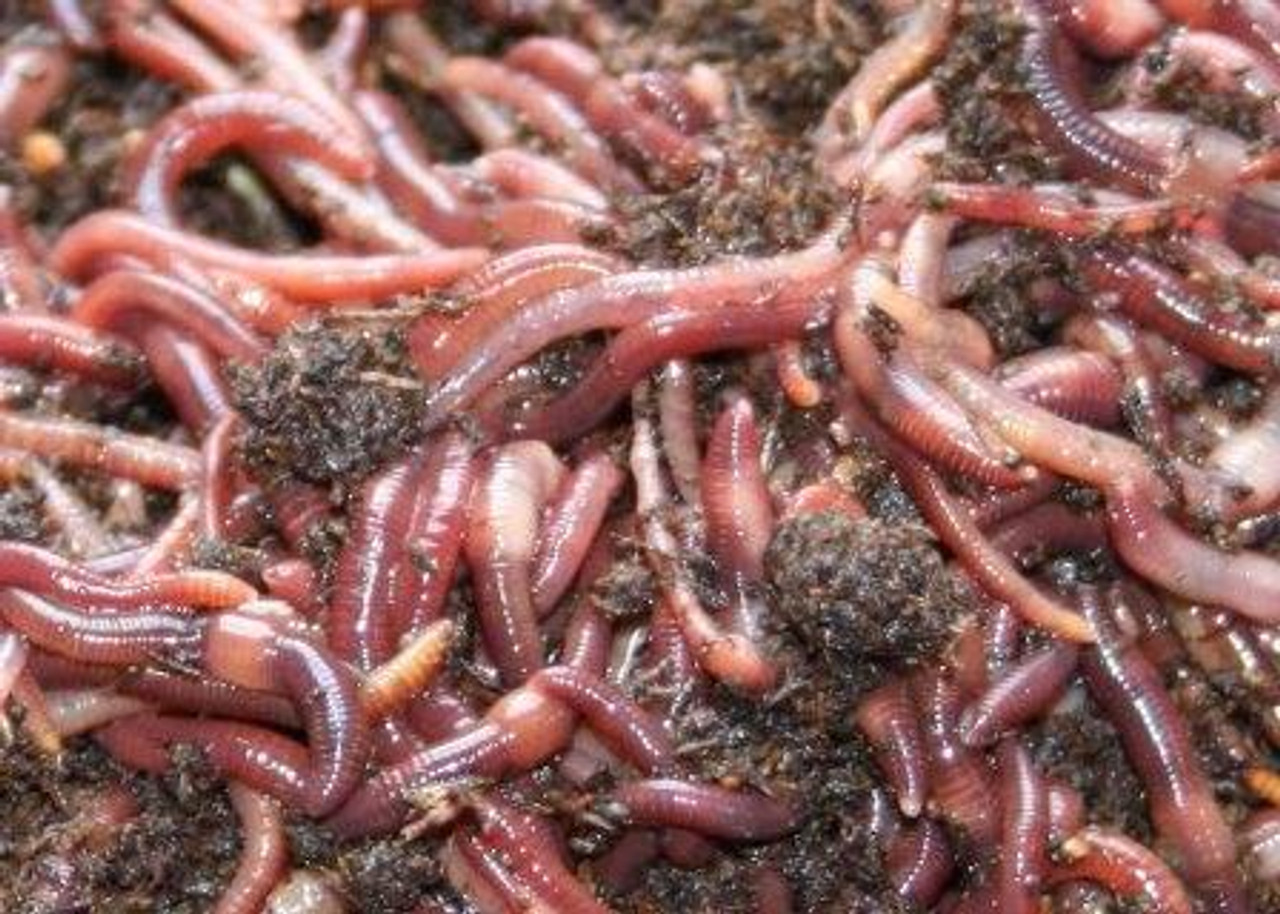The Amazing World of Red Wigglers: Boost Your Dirt Fertility Today
These little yet efficient organisms change organic waste into important worm castings, dramatically improving dirt health and wellness and advertising sustainable techniques. As we discover the benefits of vermicomposting and the sensible actions to create an efficient worm bin, the prospective impact of these worms on your horticulture success ends up being progressively evident.
Comprehending Red Wigglers
Red wigglers, medically called Eisenia fetida, are a types of earthworm that play an important duty in enhancing soil fertility. These worms grow in organic-rich environments, such as compost heap and decaying plant product, where they eat natural waste and secrete nutrient-dense spreadings. Their distinct makeup, featuring a fractional body and a clitellum, allows them to duplicate rapidly and effectively process big quantities of raw material.

The eco-friendly value of red wigglers prolongs past simple waste handling; they add to the dirt food internet, fostering a varied neighborhood of microbes that even more boost dirt health. Understanding the biology and habits of red wigglers is important for utilizing their complete capacity in sustainable agriculture and horticulture techniques.
Benefits of Vermicomposting
(Red Wiggler Express)Utilizing the power of red wigglers via vermicomposting offers numerous benefits that significantly improve soil health and wellness and fertility. One of the main benefits is the production of nutrient-rich worm spreadings, which are an outstanding all-natural fertilizer. Red Wiggler Express. These castings have necessary nutrients like nitrogen, phosphorus, and potassium, promoting robust plant development and improving plant yields
In addition, vermicomposting enhances soil framework and aeration. The existence of worm spreadings improves soil structure, enabling much better water retention and water drainage. This balanced wetness degree is crucial for root advancement and the total health of plants. Moreover, red wigglers aid break down raw material, increasing decomposition and reusing nutrients back right into the soil.
Vermicomposting likewise promotes microbial activity, which is important for a healthy and balanced soil ecological community. Beneficial microorganisms flourish in the presence of worm castings, aiding in the break down of organic materials and improving nutrition schedule to plants.
Last but not least, vermicomposting functions as an effective waste administration remedy, decreasing land fill waste by recycling kitchen area scraps and other organic materials. This not only contributes to environmental sustainability but likewise promotes a circular economic climate within gardening and agriculture.
How to Establish Up a Worm Container
Establishing a worm bin is a straightforward process that can substantially boost your composting initiatives. Begin by choosing a proper container, which can vary from a readily readily available worm container to a simple plastic or wooden box (Red Wiggler Express). Guarantee the container has adequate ventilation; little holes in the cover and sides will assist in air circulation
Next, develop a bed linens layer to offer a comfortable atmosphere for the red wigglers. This can be made from shredded newspaper, cardboard, or coconut coir, dampened to a wet, sponge-like consistency. Fill up the bin to about one-third full with this bed linen material.
When the bedding is prepared, it's time to introduce the worms. Red wigglers thrive in natural waste, so location them carefully onto the bed linens. Cover the worms with a light layer of extra bed linens to aid them accustom.
Feeding Your Red Wigglers
Giving the appropriate food for your red wigglers is crucial for their health and wellness and the effectiveness of your composting system. Red wigglers flourish on a different diet, mostly including organic materials such as vegetables and fruit scraps, coffee premises, and shredded paper. These materials not only provide crucial nutrients but also add to the microbial activity in the worm bin, which is essential for the worms' food digestion.
It is important to prevent particular foods, such as milk products, oils, and meats, as these can bring in parasites and develop unpleasant smells. In addition, citrus peels and excessively hot foods must be restricted due to their prospective to hurt the worms. A well balanced strategy to feeding entails monitoring the amount of food presented to the bin, ensuring that it is eaten within an affordable amount of time to avoid excess waste build-up.
To advertise optimum food digestion, it is helpful to slice or shred bigger food things prior to including them to the container. This method raises the surface for microbial activity, facilitating quicker disintegration and improving the total performance of your composting system. Regularly observing the worms' feeding routines will assist you change their diet plan as required.
Making Use Of Worm Castings in Your Yard

(Red Wiggler Express)Incorporating worm spreadings right into your yard can be accomplished by blending them right into the dirt or utilizing them as a leading dressing. The slow-release nature of these spreadings makes sure that nutrients are offered to plants over an extensive period, decreasing the requirement for artificial fertilizers. Furthermore, worm spreadings include useful bacteria that advertise healthy soil ecological communities, enhancing the general resilience of your garden.
To make best use of the benefits, objective to use approximately one component worm castings to 3 components soil in your growing beds. Normal applications can result in enhanced plant yields and much healthier plants, making worm castings an invaluable source for both amateur and knowledgeable gardeners alike. By utilizing this all-natural change, you can cultivate a thriving garden while adding to lasting gardening practices.
Final Thought
In final thought, red wigglers exemplify the vital role of vermicomposting in improving dirt fertility. Their ability to transform natural waste into nutrient-rich castings considerably enriches dirt framework and supports microbial diversity. Developing a vermicomposting system not only promotes sustainable horticulture techniques yet additionally contributes to eco-friendly health and pop over to these guys wellness. By leveraging the advantages of these impressive organisms, gardeners can grow much more effective and durable communities, inevitably promoting an extra lasting technique to farming and gardening.